When Pesticides end up in our groundwater or creeks, they can find their way into the water supplies of cities downstream. If enough fertilizers are concentrated in a lake, they can stimulate the growth of blue green algae. The algae excrete toxic compounds that can be harmful to humans and wildlife. Algae can also discourage water recreation including boating and fishing. If algae gets into a city’s drinking water supply it can cause various health problems for the city’s residents.
When most of us think of erosion, we think of a washed-out path, road, or sometimes a landslide, but the consequences for the aquatic organisms living downstream are much worse. When runoff erodes soil, the water carries the sediments downstream until the water can no longer carry them. Sometimes muddy water is good and even necessary for species that have evolved in that climate, but some species can be hurt if the sediment levels rise significantly.
Erosion can be prevented by reinforcing areas in which erosion is common. Using drip Irrigation systems and using fewer pesticides and fertilizers can also greatly reduce runoff. Following those steps can also help to address problems such as our over-reliance on imported Phospheros, and limited freshwater reserves.
While Agriculture is a crucial part of our society, the industry is causing serious damage to our waterways. Agriculture is not the only offender of clean water though. Cities create different but just as serious problems.
To be continued…
Sources:
https://extension.usu.edu/waterquality/learnaboutsurfacewater/usesofwater/agriculturehttps://scie
ncing.com/effects-algae-drinking-water-7630835.html
By Sam Fischman


